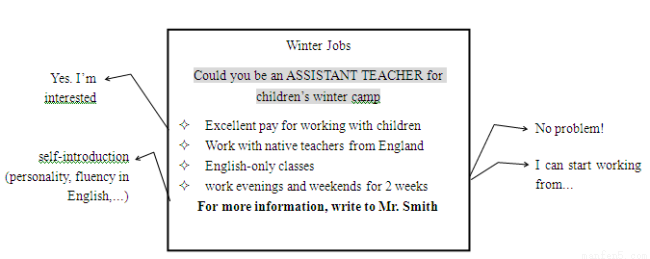题目内容
________in the newspaper,I didn’t notice what was happening.
A. Having buried B. Burying
C. Buried D. Being buried
C
【解析】
试题分析:考查非谓语动词。此处非谓语动词做原因状语。Be buried in 埋头做某事,在句中作原因状语。句意:因为埋头看报纸,所以我没有注意到发生什么事情了。故选C。
考点:考查非谓语动词

练习册系列答案
相关题目
